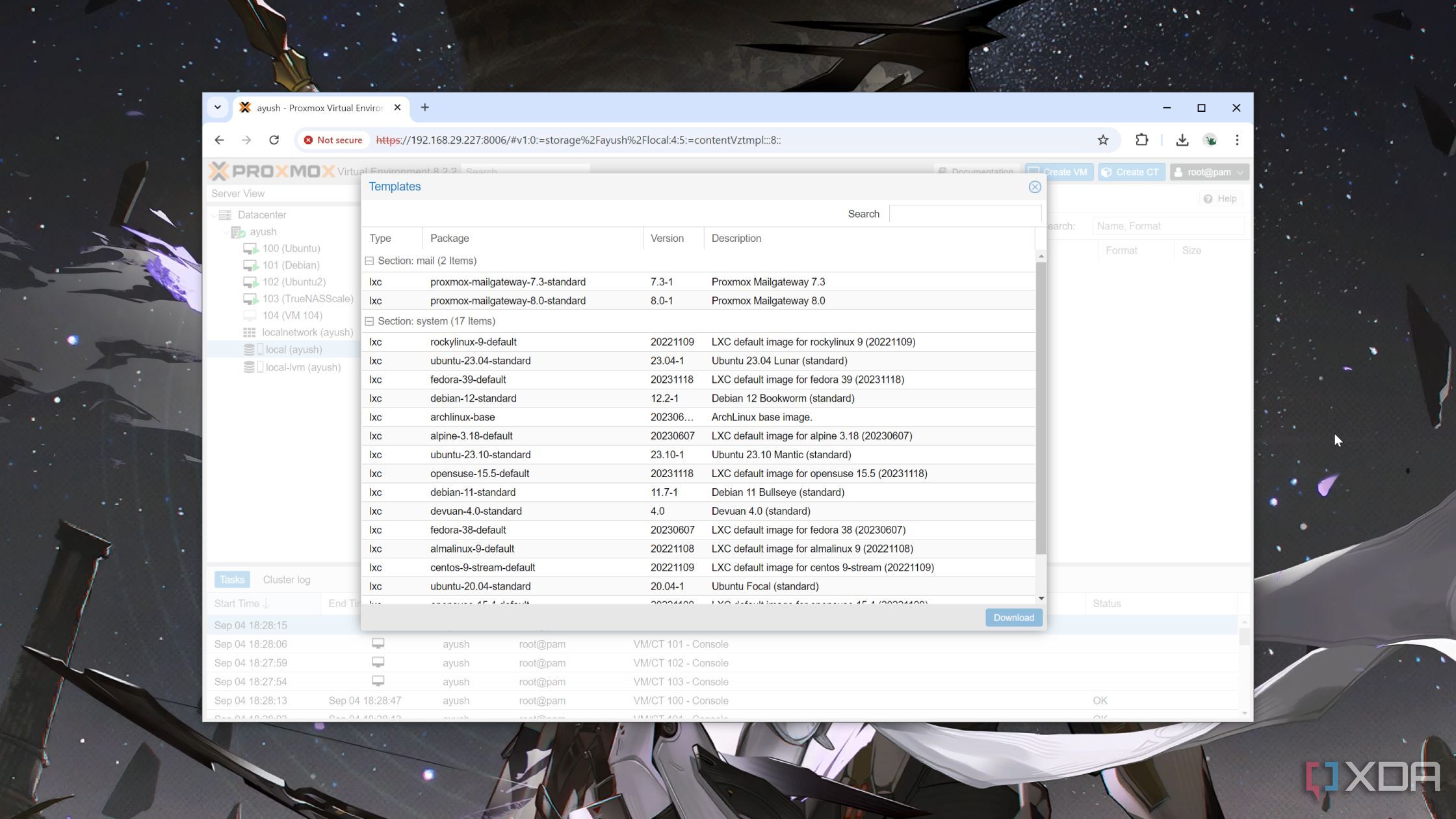isn’t IPv6 going to somehow mitigate that issue?
AFAIK all IPv6 does is ensuring everybody and their dog gets a publicly addressable IP address, plus encryption, but i’m far from an expert.
The self-hosting email frustration arises from years of cartelization under the “it’s to prevent spam” banner (if it was to backdoor encrypted apps they’d go with “think of the children”).
Like something like I2P?
I think I2P is an overlay layer, i haven’t delved into that… i assume it would require that the recipient was on I2P as well. So impractical, to say the least.
Do you have any clue where or how we can join a community/group that somehow fights back those kind of unfair and monopoly behavior of big tech companies ?
It’s a David vs Goliath thing… the EFF does some interesting stuff, maybe they have something of interest to you. Then there’s politicians if a) they actually represent you and b) can grasp the concepts.





With Headscale being an open source, self-hosted implementation of the Tailscale control server.